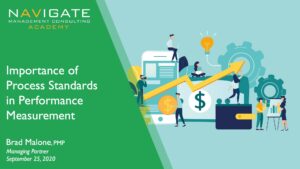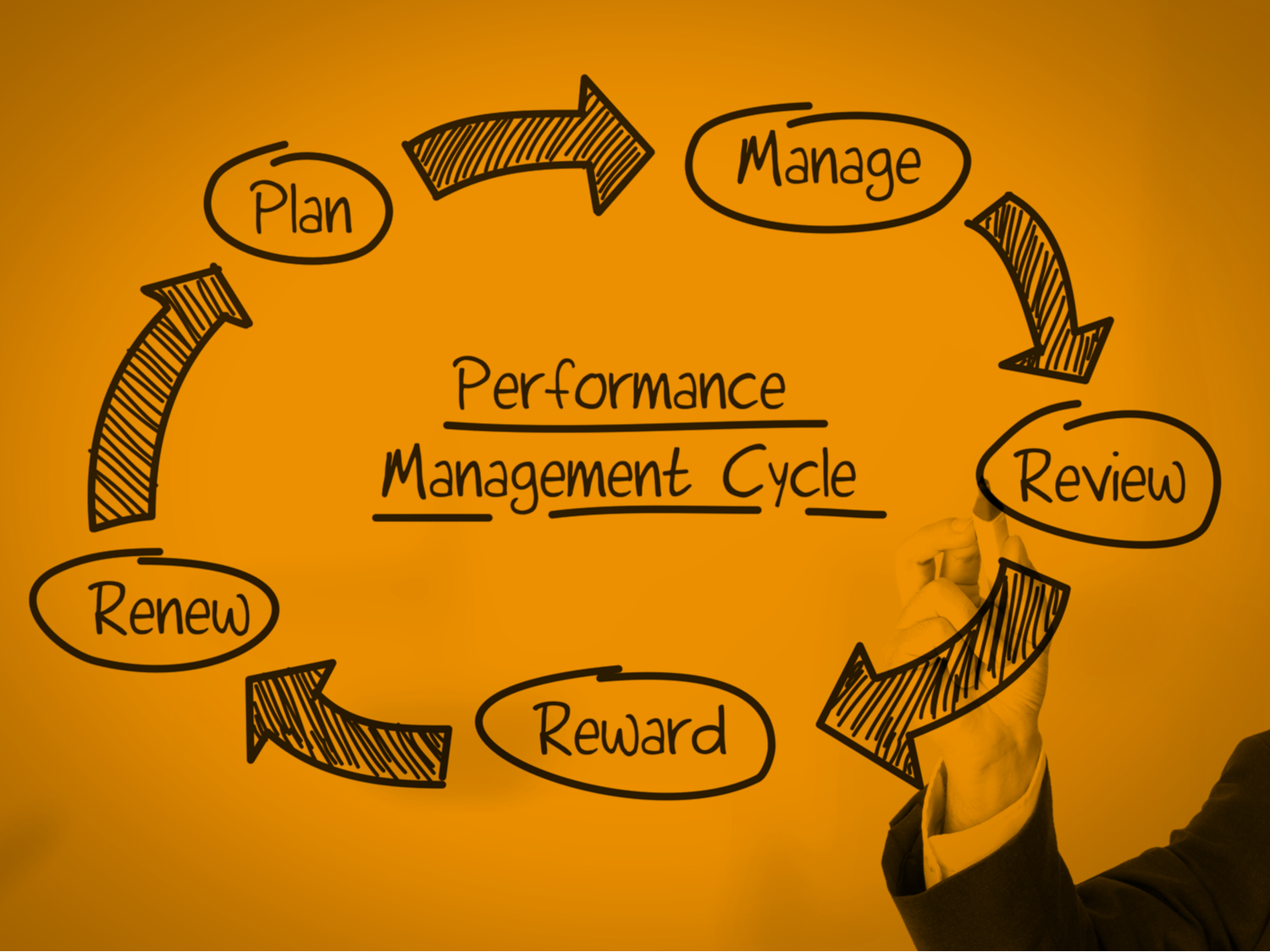As we enter the six month of “lock-down” within this pandemic, I’d like to share one of the themes I heard over and over from my virtual clients – independent of the role (Executives to Managers to Technicians).
Many organizations are struggling to measure the performance of their people – and hold them accountable (count-on-able) to produce the required level of quality in their deliverables.
So, let’s start with a primer, then get into the prerequisites and mechanics of Performance Management.
Employee Performance Management involves a process for establishing a shared workforce understanding what is to be achieved at an organization, department, and personal level. It is about aligning the organizational objectives with the employees’ agreed upon, skills, behaviors, competency requirements, development plans and the delivery and measurement of results.
Employee performance is defined as whether a person executes their job duties and responsibilities to meet the documented standards. Many companies assess employee’s performance on an annual or quarterly basis in order to define certain areas that need improvement against the standard.
Some of the essential prerequisites which foster an effectively functioning performance management are:
- It should be a participative process which attracts commitment from employees in setting the standards.
- Top management support and commitment to measure against the standards is essential to building a sound performance culture.
- Organizational vision, mission and goals should be defined and understood by all levels so that the efforts are directed towards the realization of these ambitions.
- Clear definition of the roles for performing a given job within the organizational framework – explaining the linkages of a role with other roles and to the goals.
- Open and transparent measurement and communication which motivates the employees to participate freely and deliver high performance.
- Identification of major performance parameters and definition of key performance indicators – aligned to the employee functions and competencies.
- A commitment to recognition of high performance. Rewards and recognition should be built within the framework of performance management.
- Proper organizational training should be provided to the staff members based on the identification of training needs from periodic evaluation and review of their performance.
When the organization culture, vision, values, ethics, structure and competencies are in place – then the measurement of objective performance is actually quite easy – employees either meet the standards or not. So before you struggle with a system – implement the prerequisites.
 Do you want to learn more?
Do you want to learn more?
Join Navigate Academy!
Don’t miss our next live webinar
Friday, Sept 25 @ 11:00 am CDT
Title: Importance of Process Standards in Performance Measurement






